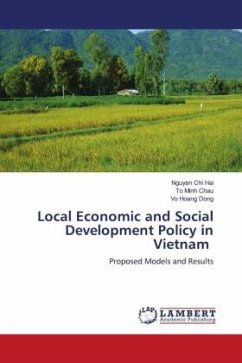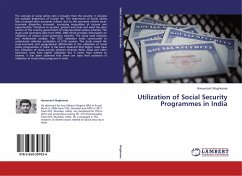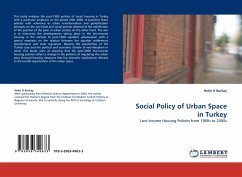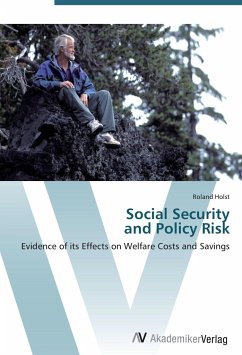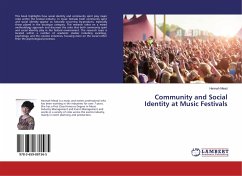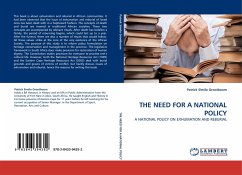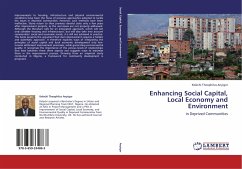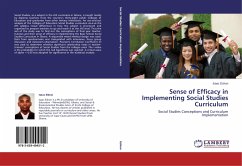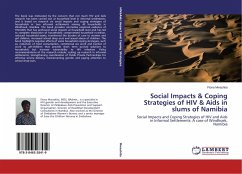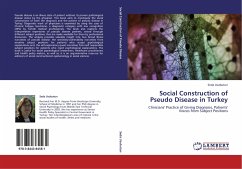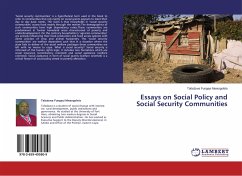
Essays on Social Policy and Social Security Communities
Versandkostenfrei!
Versandfertig in 6-10 Tagen
27,99 €
inkl. MwSt.

PAYBACK Punkte
14 °P sammeln!
'Social security communities' is a hypothetical term used in the book to refer to communities that rely mainly on social grants payouts to meet their day to day basic needs. The claim is that households in 'social security communities' access food mainly through the market.The demographics of such communities have high dependancy ratios.These communities are predominant in former homeland areas characterised of poverty and underdevelopement. On the contrary households in 'agrarian communities' are actively influencing their food production and food access systems with direct practice of crop a...
'Social security communities' is a hypothetical term used in the book to refer to communities that rely mainly on social grants payouts to meet their day to day basic needs. The claim is that households in 'social security communities' access food mainly through the market.The demographics of such communities have high dependancy ratios.These communities are predominant in former homeland areas characterised of poverty and underdevelopement. On the contrary households in 'agrarian communities' are actively influencing their food production and food access systems with direct practice of crop and animal husbandry. The 'social security communities' are welfare dependent such that in a situation where the state fails to deliver of the social welfare packages these communities are left with no means to cope. What is social security? Social security is informed of the human rights logic. It includes two formations which are social insurance (contributory oriented) and social assistance (welfare oriented). Social assistance in form of social grants (welfare oriented) is a critical feature of social policy aimed at poverty alleviation.



